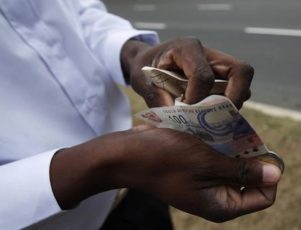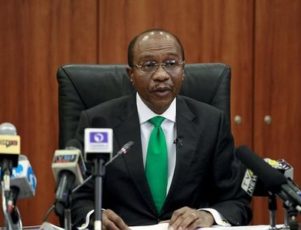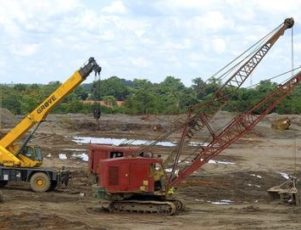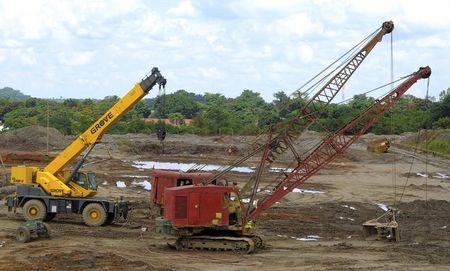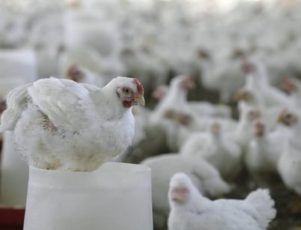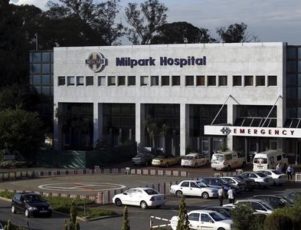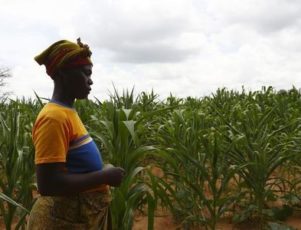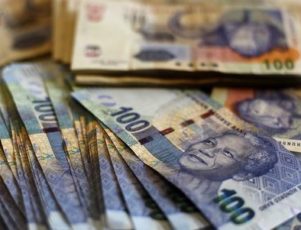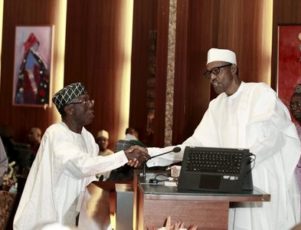JOHANNESBURG (Reuters) – South Africa’s rand traded at two-week highs against the dollar on Friday, still boosted by the central bank unexpectedly raising interest rates the previous day to curb inflation pressures.
Stocks ended slightly higher, led by Mr Price as investors piled into the discount clothes retailer after a broker upgraded the stock to ‘buy’.
The rand climbed to 13.8900 per dollar during Friday’s session, its strongest since Nov. 6, and was trading at 13.9300 by 1550 GMT, up 0.7 percent on the day.
This was after the central bank raised the benchmark repo rate by 25 basis points on Thursday, warning that failure to act on inflation risks could worsen the country’s already weak growth.
Traders and analysts however warned the currency could come under renewed pressure should the U.S. Federal Reserve hike lending rates in the world’s biggest economy in December, as widely expected.
“The rand is in an interesting attempt to establish a new, bullish channel, but it is unlikely to persist through
December, as market jitters arise again in the lead up to the December FOMC (Federal Open Market Committee),” Investec analyst Annabel Bishop said.
“While it could test 13.5000/dollar, it could equally show a lightening turnaround to attempt to test the level a rand higher.”
The rand has given up nearly 17 percent of its value against the dollar this year, mainly because investors are betting on higher U.S. rates dumping emerging market assets which offer relatively higher yields but also carry more risk.
On the local bourse, the blue-chip JSE Top-40 index added 0.24 percent to 46,963 and the broader All-Share index gained by the same margin to 52,240.
Mr Price, which also reported a 16 percent increase in half-year earnings this week, jumped 8.7 percent to 200.01 rand, booking its biggest daily percentage gain in more than seven years.
Brokers at HSBC raised their rating on the stock to “buy” from “hold” and upgraded their price target to 200 rand from 195.
Other gainers included Tiger Brands, up 5.9 percent to 357 rand, a level last seen in February. Investors have welcomed news that Tiger Brands will no longer provide funding to its money-losing Nigerian unit.
On the downside, MTN Group was off 1.25 percent at 142 rand as it battles to reduce a $5.2 billion fine in Nigeria.
Overall, traders took their cue from higher overseas markets, where sentiment was helped by growing expectations of more European Central Bank stimulus.
Trade was robust with more than 328 million shares changing hands, well above last year’s daily average of 183 million shares.
The bullish tone on South African markets extended to fixed income, where the yield for paper due in 2026 reached its lowest since Nov. 4 at 8.4 percent.
It ended Friday’s session at 8.415 percent, down 4 basis points from Thursday.
(Reporting by Stella Mapenzauswa and Tiisetso Motsoeneng; Editing by Andrew Roche)
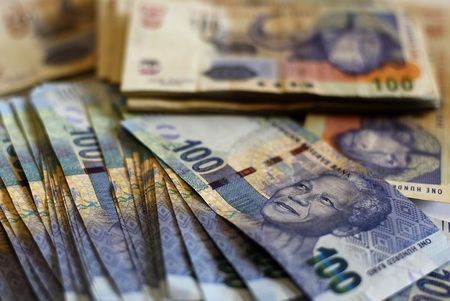
Read more

